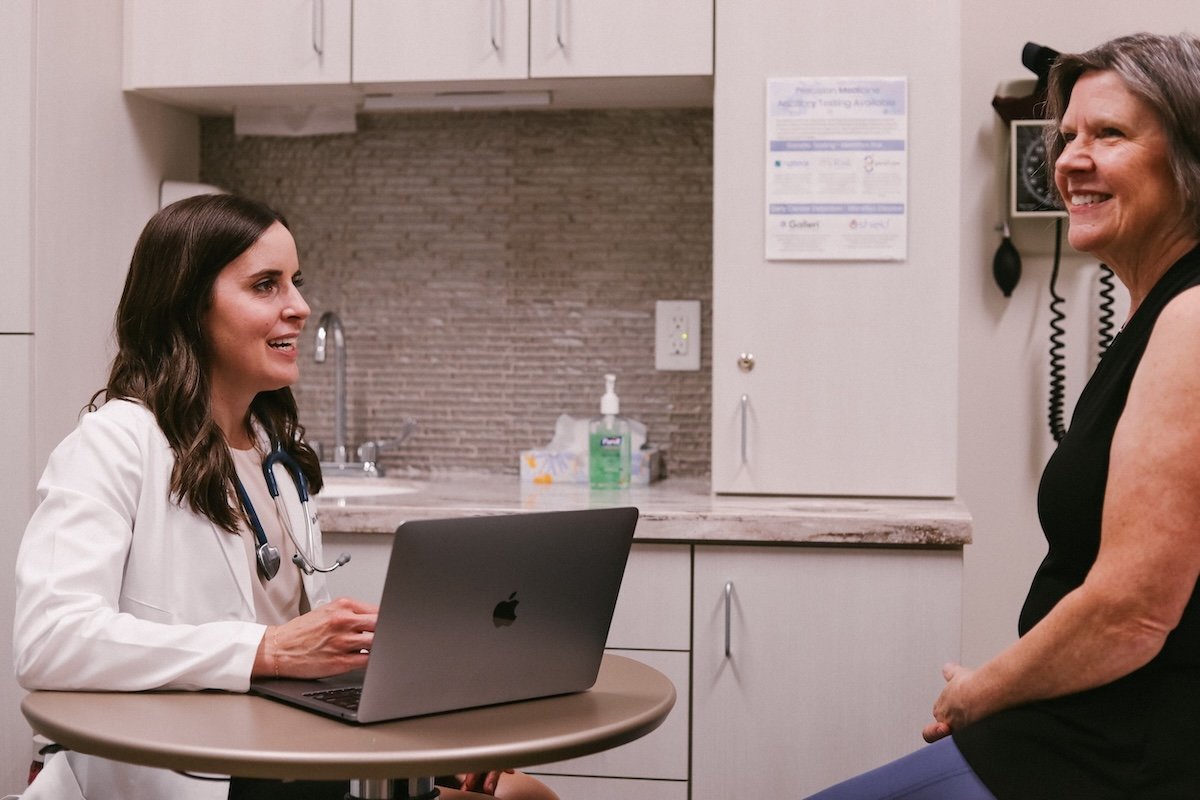As someone who’s deeply passionate about health and wellness, I’ve learned that true health isn’t just about treating illness—it’s about preventing it in the first place. And when it comes to prevention, there’s no better starting point than nutrition.
What we eat every day has a powerful effect on how we feel, how we age, and how likely we are to develop chronic diseases. In this article, I’ll explain why nutrition is the foundation of preventive health, how it shapes our long-term well-being, and how small, smart choices can make a big difference.
What Is Preventive Health?
Preventive health refers to strategies and lifestyle choices that help you avoid illness before it starts. Instead of waiting to treat conditions like diabetes, heart disease, or high blood pressure, preventive care focuses on minimizing the risk of these diseases altogether.
While preventive health includes regular check-ups, screenings, vaccinations, and exercise, nutrition is at the core of it all.
Why Nutrition Is Key to Preventing Disease
Our bodies are constantly working to heal, repair, and protect us—and they rely on the nutrients we provide through food. The right diet can strengthen the immune system, balance hormones, maintain healthy weight, and reduce inflammation—all of which help lower the risk of chronic illness.
1. Heart Disease
A diet rich in fruits, vegetables, fiber, and healthy fats (like omega-3s from fish and nuts) helps reduce blood pressure and cholesterol—two major risk factors for heart disease.
2. Type 2 Diabetes
Limiting sugar and refined carbs while focusing on whole grains, lean protein, and healthy fats can improve blood sugar control and insulin sensitivity.
3. Obesity
Poor nutrition is a leading cause of obesity. Eating nutrient-dense, whole foods instead of processed and fast foods helps regulate metabolism and appetite.
4. Cancer Prevention
Certain foods, such as cruciferous vegetables, berries, and foods high in antioxidants, have been linked to a reduced risk of cancers by fighting cell damage and inflammation.
5. Mental Health
What we eat affects our brain chemistry. Nutrients like omega-3s, B vitamins, and magnesium can support mood stability and reduce symptoms of depression and anxiety.
My Personal Journey with Preventive Nutrition
I used to believe that eating healthy meant giving up flavor and joy in food. But when I started focusing on nutrient-rich meals, I found a new level of energy, clearer skin, improved sleep, and fewer colds. I didn’t just feel better—I was healthier overall.
One moment that stood out was helping a family member with high blood pressure shift to a Mediterranean-style diet. Within months, their blood pressure dropped to normal levels—without medication. That’s the power of preventive nutrition.
Essential Nutrients for a Healthy Life
Let’s break down some of the most important nutrients your body needs for prevention:
- Fiber (from whole grains, fruits, vegetables): Supports digestion, controls blood sugar, and lowers cholesterol.
- Omega-3 Fatty Acids (from fatty fish, chia seeds): Reduces inflammation and supports heart and brain health.
- Antioxidants (from berries, dark chocolate, spinach): Protects cells from damage caused by free radicals.
- Vitamins & Minerals (like vitamin D, calcium, magnesium): Essential for bone strength, immune defense, and hormone balance.
- Probiotics (from yogurt, kefir, fermented foods): Improve gut health and boost immunity.
Simple Nutrition Tips for Everyday Prevention
1. Eat More Whole Foods
Choose foods that are as close to their natural state as possible—fruits, vegetables, lean meats, legumes, and whole grains.
2. Reduce Processed Foods
Highly processed snacks, fast food, and sugary drinks are loaded with empty calories and harmful ingredients.
3. Watch Portion Sizes
Even healthy food can lead to weight gain if eaten in excess. Mindful eating helps regulate portions and prevents overeating.
4. Stay Hydrated
Water supports every system in the body. It aids digestion, detoxifies organs, and prevents fatigue.
5. Plan Balanced Meals
Each meal should include a source of protein, complex carbs, healthy fat, and fiber. This helps maintain energy and keep you full longer.
Nutrition and Immune Health
In today’s world, maintaining a strong immune system is more important than ever. A nutrient-dense diet boosts immune defenses and helps the body fight off infections more efficiently.
Key immune-boosting foods include:
- Citrus fruits (vitamin C)
- Garlic and ginger (anti-inflammatory)
- Leafy greens (vitamins A, C, E)
- Yogurt (probiotics)
The Role of Nutrition in Aging
Healthy aging doesn’t mean just living longer—it means living better. Nutrition plays a huge role in reducing age-related conditions like arthritis, dementia, and bone loss.
Calcium and vitamin D, for example, are crucial for preventing osteoporosis. Antioxidants and healthy fats can protect brain cells and preserve memory.
Challenges and Misconceptions
Unfortunately, there’s a lot of misinformation around nutrition. Many people think healthy eating is expensive or time-consuming. But small steps—like cooking at home more often, reading food labels, or swapping soda for water—can have a lasting impact without breaking the bank.
Another myth? That supplements can replace food. While supplements can help fill gaps, they should never replace a balanced diet.
Final Thoughts
Preventing disease starts with what’s on your plate. By fueling your body with the right foods, you’re giving it the tools it needs to thrive—not just survive. Whether you’re managing a health condition or simply looking to feel better every day, focusing on nutrition as the foundation of preventive health is one of the smartest, most empowering choices you can make.
It’s not about perfection—it’s about progress, awareness, and intention.
FAQs
1. What is preventive nutrition?
Preventive nutrition involves using diet to reduce the risk of chronic diseases and maintain overall health.
2. Can healthy eating really prevent disease?
Yes. A balanced diet rich in whole foods can help prevent conditions like heart disease, diabetes, obesity, and some cancers.
3. What are the best foods for disease prevention?
Fruits, vegetables, whole grains, lean proteins, healthy fats, and fermented foods are top choices.
4. Do I need supplements if I eat healthy?
Not necessarily. Most nutrients can be obtained through food. Supplements should only be used to fill specific gaps as advised by a healthcare provider.
5. How can I start eating healthier on a budget?
Buy seasonal produce, cook at home, avoid processed snacks, and focus on bulk items like beans, oats, and rice.






